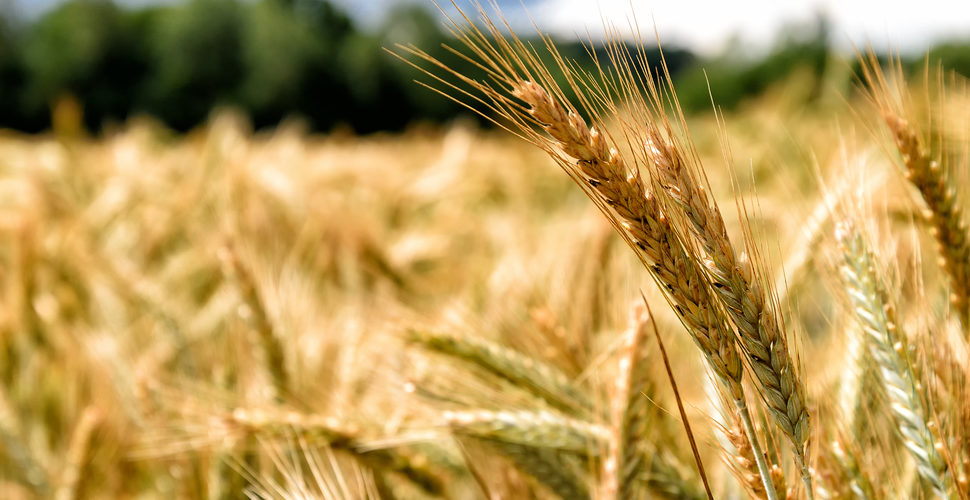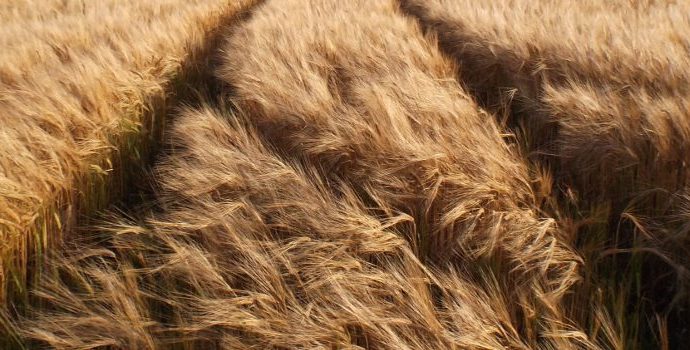IFA Grain Committee meet Dept of Agriculture on Tillage and Water Quality

Commenting after a meeting with senior inspectors from the DAFM Nitrates and Biodiversity and Crop Policy and Evaluation Divisions, IFA Grain Chair Kieran McEvoy said the engagement was a worthwhile exercise with constructive dialogue.
“We stressed the importance of maintaining current fertiliser application rates for tillage crops. The tillage sector is particularly vulnerable at present and actions which further damage the economic competitiveness of the sector must be avoided at all costs,” Kieran McEvoy said.
“The Food Vision Tillage Report seeks to increase the use of organic manures in the tillage sector. DAFM has to keep this to the forefront when designing future legislation,” said Kieran McEvoy.
“We acknowledged the important role that cover crops can play in reducing nutrient losses from tillage soils, but additional funding is vital if the goal is to increase the area planted in future,” he said.
IFA is also asking DAFM to review the timings around the shallow cultivation requirement following harvesting of spring cereal crops.
Finally, the delegation highlighted the importance of continued access to CAN granular fertiliser and unprotected urea for foliar use for the tillage sector.




